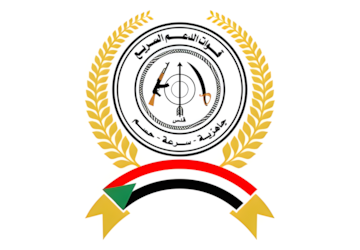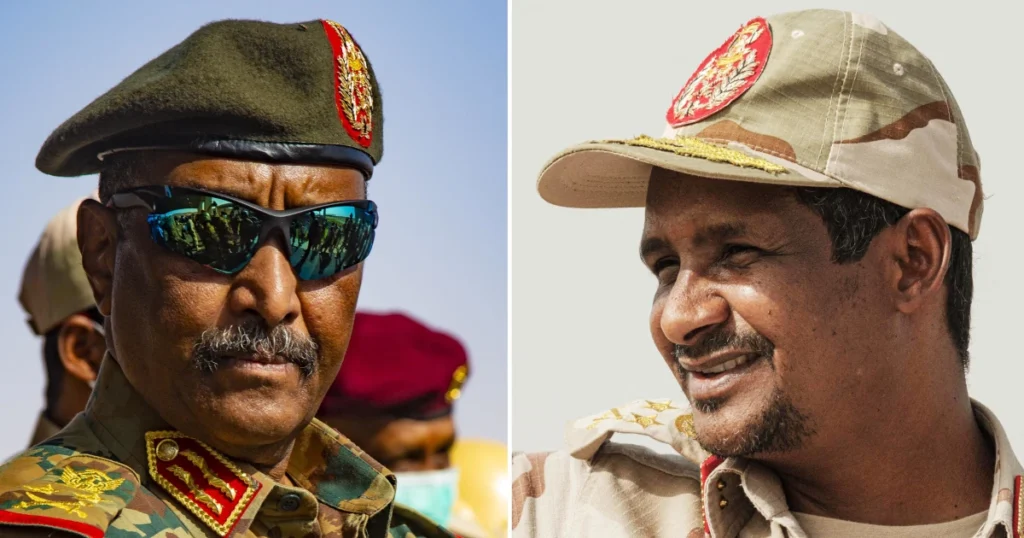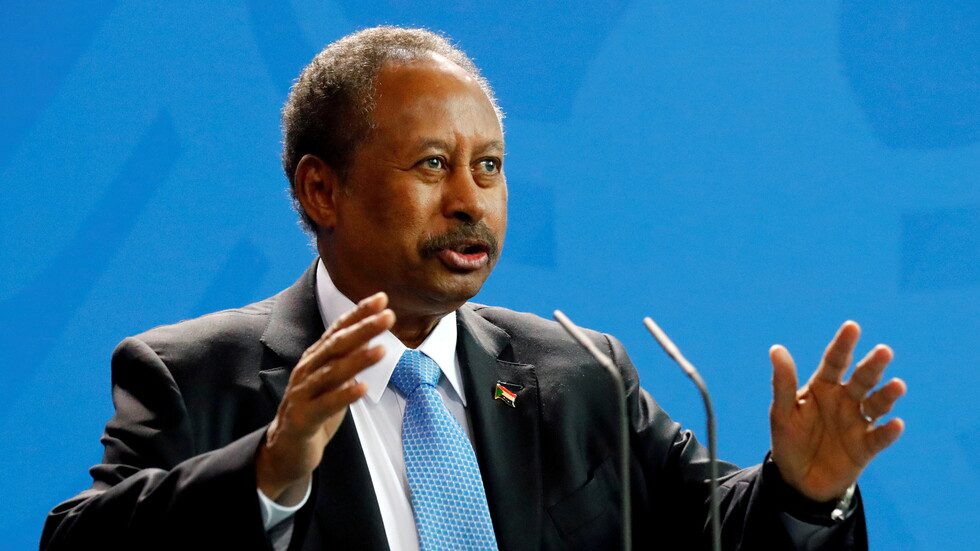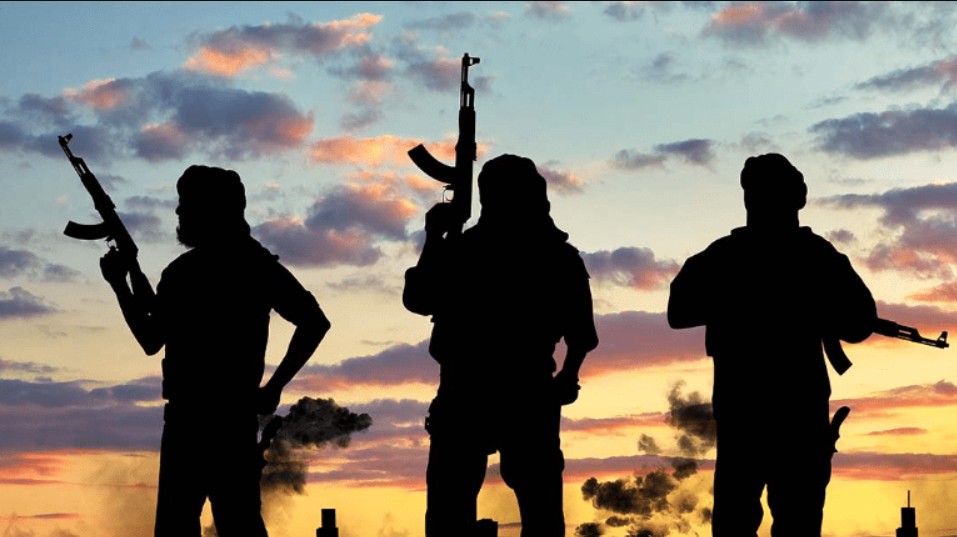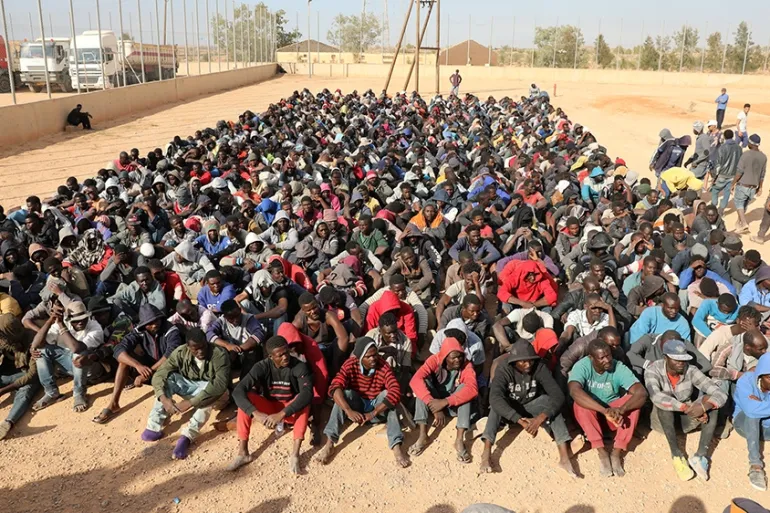
The Sudanese Human Rights Observatory warned on Tuesday that conditions for Sudanese refugees in western Libya — particularly in Tripoli, Misrata, Zawiya and Sorman — have deteriorated to a “catastrophic” level threatening hundreds of lives.
The watchdog voiced grave concern over rising xenophobic rhetoric, violence and arbitrary arrests targeting Sudanese who fled the war, amid a wider crackdown on African migrants.
According to the Observatory, abuses are occurring in parallel at both “state and community” levels. It said security bodies, including the Department for Combating Illegal Migration, have conducted night raids on refugee dwellings, arbitrarily detaining hundreds and transferring them to shelters that fail to meet basic humanitarian standards. Detainees — including women and children — are crammed into trucks and held in open-air yards in degrading, inhumane conditions.
At the community level, the group said vigilante violence is surging, fuelled by coordinated hate campaigns on social media. It cited attacks by groups of residents on foreigners in the streets, vandalism of their property, home invasions and threats against families with bladed weapons — including an incident involving Sudanese journalist Musab Mohamed Ali and his family in Sorman.
These acts are not isolated, the statement said, but stem from racist narratives that label Sudanese refugees as “illegal migrants” and a “demographic threat,” ignoring the fact they are fleeing a devastating war.
The Observatory expressed particular concern for the safety of at least 45 Sudanese journalists now in Libya, describing them as easy targets due to their past work and precarious situation. It said it had received an urgent appeal to help evacuate 19 of them from high-risk areas where they face direct threats.
The group urged Libyan authorities to immediately halt arbitrary arrests and raids targeting refugees and migrants, and to provide full, immediate protection for those at risk. It called on UNHCR to fully exercise its protection mandate and expedite humanitarian evacuations for the most vulnerable cases, and appealed to UNESCO to intervene and activate U.N. mechanisms under the Plan of Action on the Safety of Journalists.

